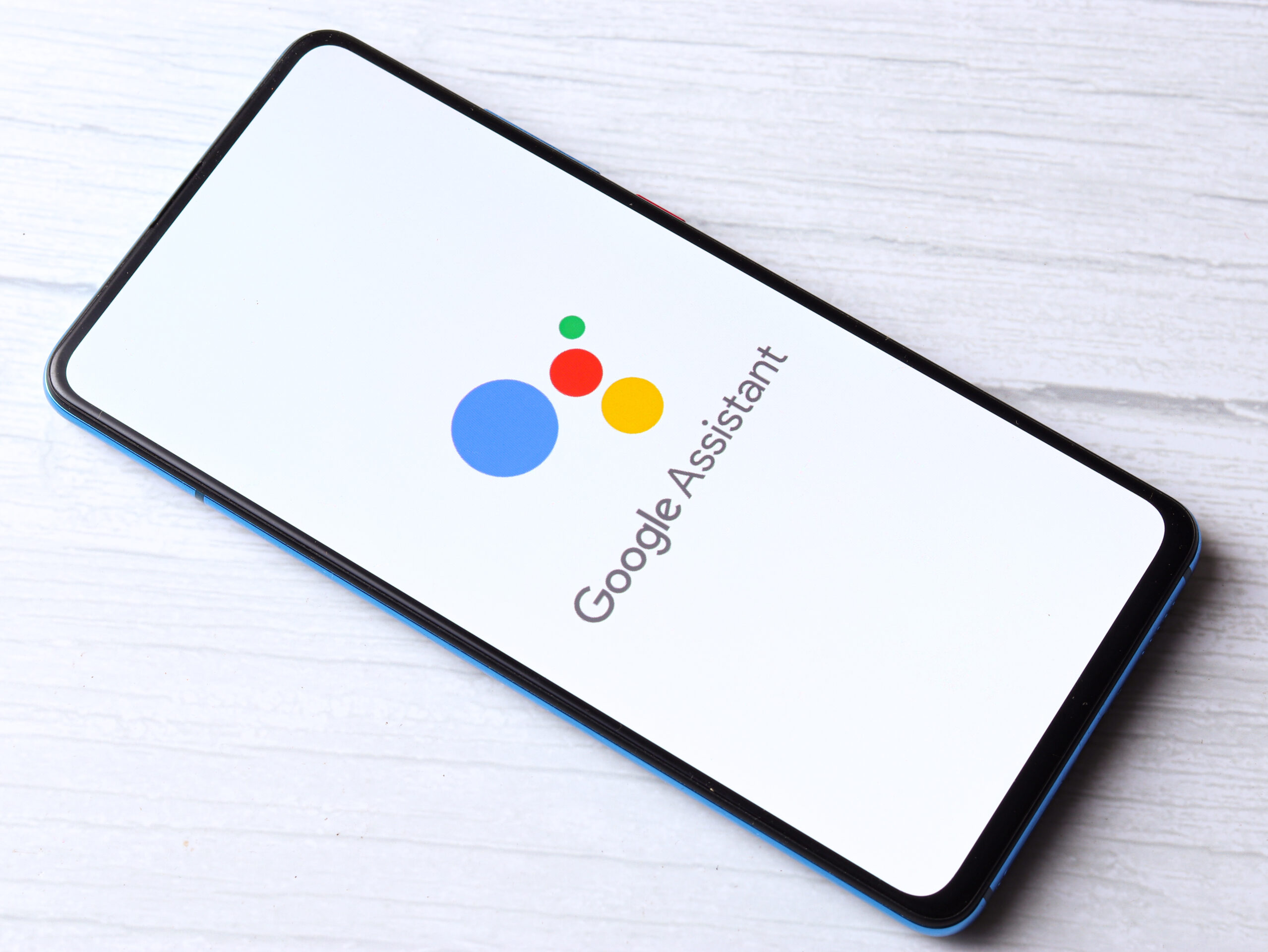Google has moved to challenge OpenAI’s ChatGPT with its upgraded Assistant. This transformation goes beyond voice and text interactions, offering users a glimpse into the future of AI capabilities.
As Google steps up its game, it raises questions about the future of AI-powered virtual assistants and their potential to reshape users` online experiences. Google Assistant has received a much-anticipated upgrade, integrating the capabilities of its chatbot Bard into its existing framework.
BREAKING: Bard is Coming to Google Assistant! 🎤🧠#GoogleAssistant #AssistantwithBard pic.twitter.com/giGY7s1f5S
— Tech Score (@TechScoreNY) October 4, 2023
The multimodal revolution
Per a Wired report, this “multimodal” assistant aims to transcend traditional voice queries, venturing into image recognition and data interpretation from documents and emails. The enhanced Assistant is designed to handle significant and minor tasks, from trip planning to summarizing inboxes and crafting engaging social media captions for photos.
Unlike its previous iteration, this generative AI experience is yet to be a full-fledged app. Its release feels rushed, possibly to coincide with Google’s hardware event. According to people familiar with the matter, details about its final form remain unclear, but its potential is promising.
The Bard-infused Assistant can process text, voice, and image queries, responding in either text or voice format. Initially, it’s limited to approved users and available exclusively on mobile devices, excluding smart speakers. On Android, it may appear as a full-screen app or an overlay, similar to the current Google Assistant. For iOS users, it will likely reside within one of Google’s apps.
A unique conversation partner
Per Wired, while Amazon’s Alexa and OpenAI’s ChatGPT have recently made strides in becoming more conversational and multimodal, Google’s Assistant brings a unique ability to discuss webpages users browse on their phones. This feature could have profound implications for how people interact with AI, blending seamlessly into online activities.
The advancements in AI language models have transformed the capabilities of virtual assistants like Google Assistant. These large language models, trained on extensive text data, have significantly improved the handling of written and spoken language. They enable more natural and context-aware interactions, reducing the need for complex coding to interpret user queries accurately.
However, building a genuinely helpful virtual assistant still requires careful engineering, despite these advancements. While powerful, language models might need to help provide precise and reliable information. This limitation highlights the need for continued refinement and augmentation.

The pitfalls of humanization
As virtual assistants become more capable and lifelike, there are potential pitfalls to consider. Users might attribute these fluent agents, placing undue trust in their abilities. This misplaced confidence could lead to misconceptions about the technology’s limitations. Additionally, the algorithms used in virtual assistants must be rigorously examined to prevent the propagation of harmful biases, especially concerning race.
Google’s plans for Assistant include leveraging personal information, such as Gmail conversations, to offer more individualized responses. This could lead to a virtual assistant capable of performing complex tasks on behalf of users, such as making reservations or bookings. However, such features are still in the early stages of development, and the challenge lies in ensuring trustworthiness and data security.
With Google’s upgraded Assistant entering the scene, employees have raised concerns about the potential competition with ChatGPT. While some believe that AI chatbots like ChatGPT could disrupt Google’s position as the primary entry point for internet users, Google executives maintain confidence in their search engine’s enduring appeal and their ongoing improvements in search technology. Behavioral change remains a significant hurdle, as many users habitually turn to Google for their online queries.









 and then
and then